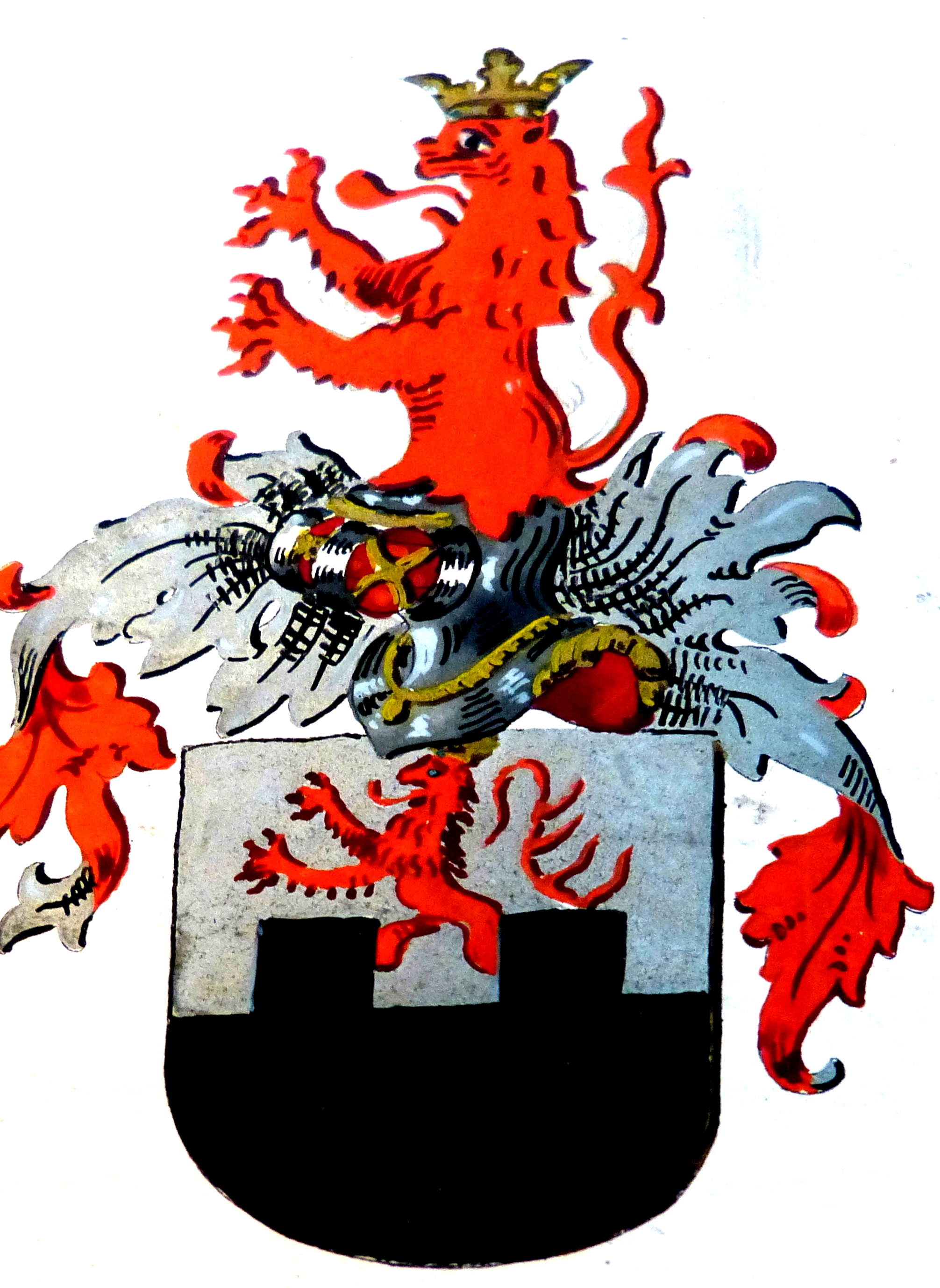Schallenberg Family on:
[Wikipedia]
[Google]
[Amazon]

 The House of Schallenberg is the name of an old and important
The House of Schallenberg is the name of an old and important

Austro-Hungarian
Austria-Hungary, often referred to as the Austro-Hungarian Empire,, the Dual Monarchy, or Austria, was a constitutional monarchy and great power in Central Europe between 1867 and 1918. It was formed with the Austro-Hungarian Compromise of ...
noble family
Nobility is a social class found in many societies that have an aristocracy. It is normally ranked immediately below royalty. Nobility has often been an estate of the realm with many exclusive functions and characteristics. The characteris ...
, whose members occupied may important political positions and were in diplomatic service.
History
The family hails fromSankt Ulrich im Mühlkreis
Sankt Ulrich im Mühlkreis is a municipality in the district of Rohrbach in the Austrian state of Upper Austria.
Geography
Sankt Ulrich im Mühlkreis lies in the upper Mühlviertel
The Mühlviertel () is an Austrian region belonging to the state ...
, where it is known since 1190. ''Heinricus de Schalinberc'' is mentioned in 1260, adopting the name after the Schallenberg Castle
Schallenberg Castle is a ruined hilltop castle in Kleinzell im Mühlkreis, Rohrbach District, Upper Austria.
The castle, likely built around 1231, is the namesake of the noble Schallenberg family, who took ownership of it in 1260. It was destr ...
. In 1636 the Schallenbergs were raised to baronial rank and in 1666 they were raised to comital
Count (feminine: countess) is a historical title of nobility in certain European countries, varying in relative status, generally of middling rank in the hierarchy of nobility. Pine, L. G. ''Titles: How the King Became His Majesty''. New York: ...
rank in the Habsburg Hereditary Lands. The family received the Hungarian Indigenat and were recognized as nobles of the Kingdom of Hungary
The Kingdom of Hungary was a monarchy in Central Europe that existed for nearly a millennium, from the Middle Ages into the 20th century. The Principality of Hungary emerged as a Christian kingdom upon the coronation of the first king Stephe ...
by the Diet of Hungary
The Diet of Hungary or originally: Parlamentum Publicum / Parlamentum Generale ( hu, Országgyűlés) became the supreme legislative institution in the medieval kingdom of Hungary from the 1290s, and in its successor states, Royal Hungary an ...
in 1688. From 1720 to 1803 was owned by the family.
Notable members
*Christoph von Schallenberg Christoph is a male given name and surname. It is a German variant of Christopher.
Notable people with the given name Christoph
* Christoph Bach (1613–1661), German musician
* Christoph Büchel (born 1966), Swiss artist
* Christoph Dientzenhof ...
(1561–1597), naval commander and humanist poet
* Leopold Christoph, Count of Schallenberg (1712–1800), Governor of Lower Austria
* Herbert, Count of Schallenberg
Count Herbert Erwin Joseph Anton von Schallenberg (german: Herbert Graf von Schallenberg; 29 March 1901 – 26 March 1974), officially known as Herbert Schallenberg from 1919, was an Austro-Hungarian count, lawyer, diplomat and industrialist. He w ...
(1901–1974), diplomat and industrialist
* Wolfgang Schallenberg (1930–2023), diplomat
* Alexander Schallenberg (b. 1969), Chancellor of Austria, foreign minister of Austria
References
External links
{{Commons category, Schallenberg family Austrian noble families Hungarian noble families